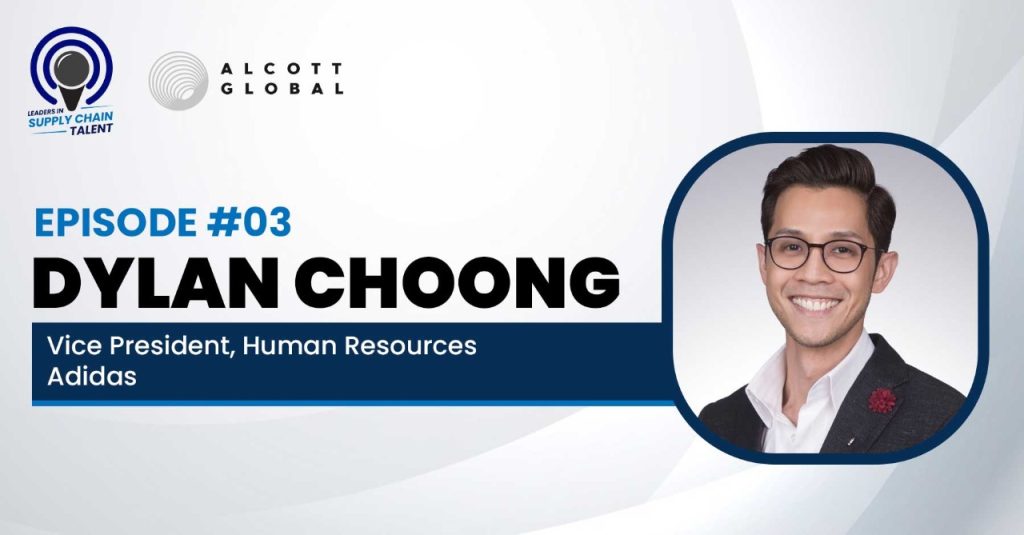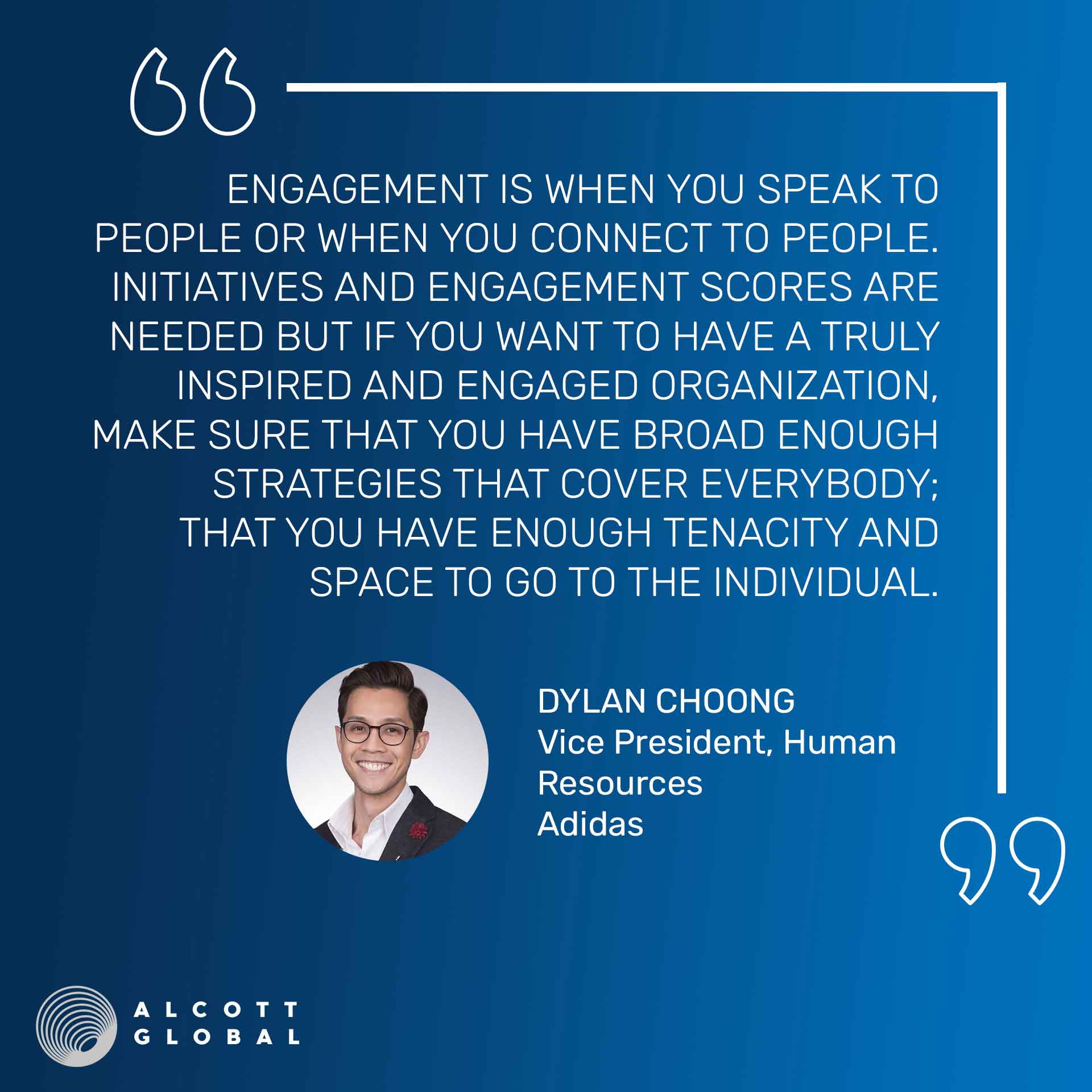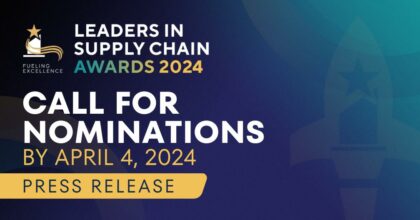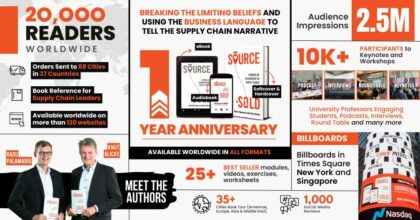About Dylan Choong:
Dylan is the current Vice President, Human Resources for Adidas for the South East Asia as well as Commercial and Global functions for its APAC HQ. Prior to this role, he was Regional Vice President, Human Resources, for Sephora (LVMH) South East Asia where he successfully developed people & organizational capabilities to enable Sephora South East Asia’s hyper growth, including leading the digital and omni-channel transformation over 10 countries as well as opening of new markets.
Before Sephora, he was the Director of Human Resources at Starwood Asia Pacific Hotels & Resorts – then Starwood’s largest international division across 17 countries in Asia Pacific. There, he led Starwood Asia Pacific to become an employer-of-choice with more than 25 awards and accolades won. He was also recognised by Workforce as a Game Changer in 2015 – an award that represents some of the best HR practitioners and strategists dedicated to pushing the profession forward with innovative people-management practices.
Listen to the full discussion here:
Connect with the Guest:
Dylan Choong: LinkedIn
Some of the highlights from the podcast:
- How to effectively lead HR and people functions during acquisition on both sides of the transaction
- How does Adidas attract and hire the best talent in a competitive market
- Approaching leadership development especially in an Ascription based culture we see in Asia
- What technical and soft skills are important for a professional to get into a senior-level leadership role
- Advice to people entering the HR workforce
Show notes:
- [1:38] You have had a very fascinating experience being on both sides of acquisitions, you were with Starwood APAC when Marriott acquired them, and then you are with Sephora when they acquired companies to up their game and become the best omni-channel beauty retailer in the world from a bricks and mortar model. Share with us the experience of being on both sides.
- [3:49] One of the most important learnings I had is an understanding that when you have two different organizations, there will always be very different cultures and you could be coming from the same industry.
- [5:26] There’s surprising learning for me. I would have always assumed that the bigger you are, the more you have but actually, it’s about the capabilities that you want out of a merger and acquisition, and the culture that is needed to support that acquisition, that’s more important.
- [8:10] What were some best case practices that made integration smooth for you as someone leading the HR and people functions while also being an employee whose company was first being acquired, and then another company, which was acquiring a new capability and company?
- [10:02] I think ensuring that you have a good pulse on what’s happening in the organization and ensuring that you don’t take for granted that people are emotionally and mentally along with you in a journey, it’s key for me.
- [12:40] How do you consciously influence culture? What are some of the practical things to do from an organizational perspective?
- [17:26] How is Adidas going about talent acquisition in such a competitive market right now?
- [18:02] I think what we are trying to do is to make sure that when we are recruiting for people because the first thing you think about Adidas is obviously sports, lifestyle, shoes and that could be very far and very different from the role that we’re hiring for.
- [22:44] How did you approach leadership development, especially in an ascription based culture we see in Asia where age ranks seniority all these things matter a lot, and what was the overall experience like?
- [26:29] I think leadership development is about developing your own point of view, how you draw others to you and how you get other people to believe in the same causes as you which has nothing to do with age or seniority.
- [28:05] Can you share with us some important strategies which you always focus on or some examples from your career on how you improve engagement?
- [31:53] Engagement is where you speak to people, you connect to people, and not just initiatives or engagement scores. If you want to have a truly inspired and engaged organization, make sure that you have broad enough strategies that cover everybody, but you have enough tenacity and space to go to the individual.
- [32:41] Which technical or soft skills are most important, according to you, for a professional to get into a senior-level leadership role?
- [34:23] Relationship building, emotional intelligence, looking at complex information, influencing people and aligning people. I think these skill sets and competencies that we’re all aware of, but increasingly important for me.
- [36:30] What advice would you give to people entering the HR workforce to be able to have an exciting career like yourself?
- [38:05] It is about a mix of what you love, what you’re good at, what the world organization needs, and what you can be paid for. So if you put the four circles beautifully, and if you’re right smack in the middle, that’s where you know that that’s your calling.
Quote from the Episode:
About the Host:
The host, Shub Faujdar leads our Organizational Development business and is curating frameworks to transform your organization’s workforce by working with world-class facilitators and trainers from the Supply Chain space. As with everything in Alcott Global, our frameworks and programs are specially created to meet the needs of the industry and then further customized to the needs of each organization.
Alcott Global connects and upgrades the supply chain ecosystem by finding the right talent through executive search, developing talent through learning solutions, and meeting supply chain technology needs through a comprehensive crunch base marketplace.
The supply chain executive search has been our focus since the very beginning, offering recruitment services for top-tier supply chain roles at every level of the end-to-end supply chain: plan, source / procure, make, and deliver. Our consultants have years of experience in placing top talent, in North America, LATAM, Europe, the Middle East & Africa, and APAC, and besides speed, one of our biggest strengths is our network within the supply chain industry, and we capitalize on it to find the best solutions.
Through the years, we have grown as an organization and our offerings with it. One of our initiatives, the learning solutions- training and supply chain academy, is focused on transforming leadership- self-leadership, executive presence, influence capital, and business acumen. Through Supplify, we aim to match corporations with the top technology companies to solve their supply chain and logistics challenges with a focus on innovation and digital transformation.
We are in constant touch with the leaders in supply chain, inviting them to inspire the supply chain professionals in thought-provoking podcast episodes and events, and showcasing what is possible at the yearly Leaders in Supply Chain Awards.






